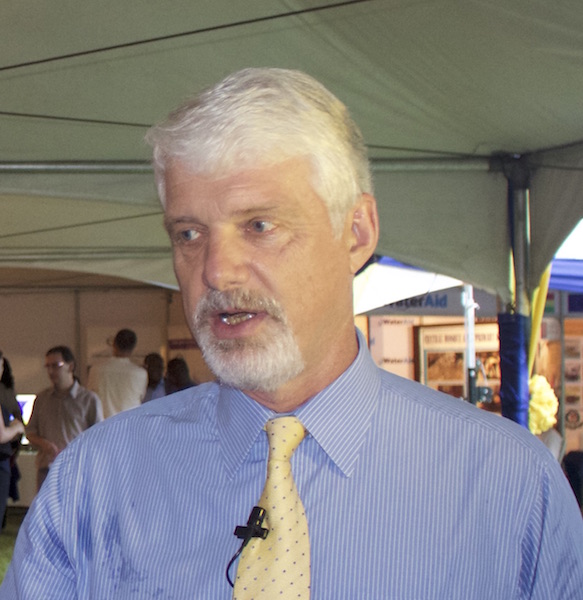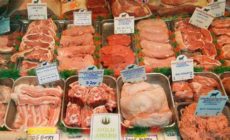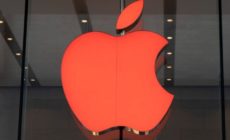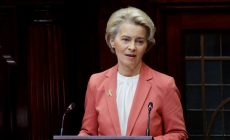“As we know that this government is taking Ghana beyond aid, we share in the joy that the aid part will be reducing while the trade and investment part becomes more,” Mr Hanna stated.
Referring to the recent visits by Presidents and Prime Ministers from European countries to Ghana last year, Mr Hanna said the EU was highly interested in bringing more investors into Ghana so “we can work well together.”
Joint Committee formed to promote trade relations
The EU boss made the remarks at the launch of the first joint committee of the Ghana –EU interim Economic Partnership Agreement (EPA) implementation in Accra yesterday.
The Committee, consisting both of Ghana and EU teams (10 members on each side) is one of the first binding requirements of the interim agreement signed in 2016.
It will among other functions monitor the EPA to ensure that the economic, social and trade benefits are realised.
Deputy Minister of Trade, Robert Ahomka-Lindsey who inaugurated the Committee charged the members to “drill down to the detail in their deliberations and ensure that both parties benefit from the agreement.”
Representatives on the committee were drawn from the Ministry of Trade and Industry (MOTI), the Ministry of Finance, Ministry of Foreign Affairs, Ministry of Food and Agriculture (MOFA), the Customs Division of the Ghana Revenue Authority (GRA) and Plant Protection and Regulatory Services Directorate of MOFA,
EU ready for Ghana’s value added produce
The EU Ambassador disclosed that Ghana and Côte d’Ivoire have signed the interim EPA, noting that the EU had seen Ghana “doing well already, competing well on our market and there are lots of other possibilities in the future, especially with regard to value addition.”
Ghana-EU trade relations to get better
The EU remains Ghana’s biggest trade partner with over €2.3billion of exports to that market in 2016 and €4.6billion in foreign direct investment.
“This is a partnership between equals. Ghana is the EU’s biggest trading partner, investor and development partner and we want to take trade to the next level,” the Envoy said.
According to the Ambassador, Ghana already has 100 per cent access to the EU market, where agricultural and industrial produce go through the market duty-free.
He stated further that “if you add value to your exports they also are a 100 per cent duty-free; if you take cocoa for example, processed cocoa, chocolates get to our market duty-free.”
“There are opportunities there in our market and we want to sit down and look at the rules of origin; it is important this is taking place one year after the ratification of the agreement,” the EU Envoy said.
The EU, Mr Hanna said wanted to look at the wider ECOWAS region through Ghana and “we see in the future Europe working with the whole of West Africa.”











 (Selorm) |
(Selorm) |  (Nana Kwesi)
(Nana Kwesi)